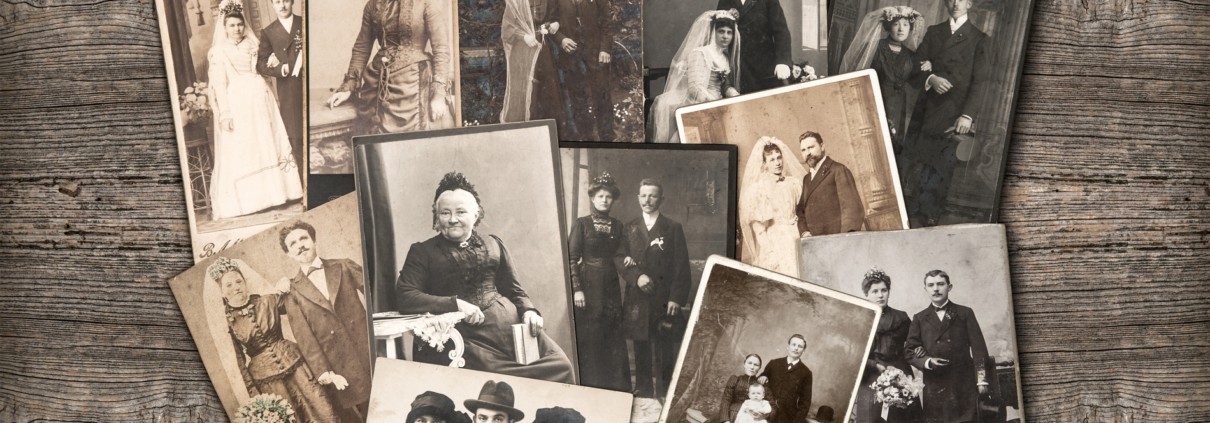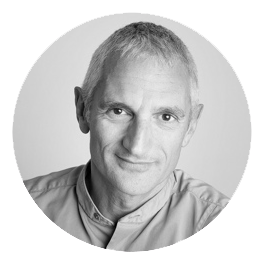Grief and trauma – the physical impact
Grief and trauma
I recognise that it’s customary for Osteopaths to blog about the safest way to put up decorations and lift your turkey at this time of year.
But I thought we might take things in a slightly different direction. The festive season can be hard for those who have lost loved ones during the year. Certainly, 2021 has not been the best year for the Kiashek household. We have sadly attended the funerals of six significant people in our lives since January.
So, I thought it might be useful to reflect upon grief and trauma generally, how they can impact us physically and how we can even be affected by things that happened long before our birth.
Much has been written about how to navigate the emotional side of the festive season if you are grieving. I can highly recommend this piece from Marie Curie if you are looking for practical guidance. Or check out this wonderful TED Talk by Nora McInerny entitled: We don’t “move on” from grief. We move forward with it.
But grief can also impact our bodies physically and this is something I see often as an Osteopath. We refer to emotional baggage for a reason. It’s a catch all expression for how unresolved issues of an emotional nature can weigh us down. And, just like if you were to carry actual heavy bags for a period of time, this can cause physical symptoms. Some of the most common include:
Tightened muscles
Aches and pains can be a common physical symptom of grief. This could mean pain or stiffness in the back and/or joints. The pain is down to the surge of stress hormones being released during the grieving process.
Headaches
Stress, emotional issues and grief can often manifest as tension headaches. Which can be worrying in themselves. I’ve written before about how Osteopathy can help ease the pain of these headaches
TMJ Disorder
Similar to the tightening of muscles in other parts of the body, Temporomandibular disorder (TMD) is a condition affecting the movement of the jaw. It’s always worth exploring the patient’s lifestyle and any emotional issues as these can frequently be contributing factors. This is another condition where Osteopathy can help to alleviate the symptoms.
As an Osteopath with 25 years’ experience, I have extensive experience in helping patients with issues like these. But it’s not just our own emotional baggage that could be affecting us. Perhaps we need to look even further back?
Family history can be far reaching
I am currently reading a fascinating book called Aftermath: A Granddaughter’s Story of Legacy, Healing & Hope by Allison Nazarian.
Allison grew up very close to her grandmother, who survived Bergen-Belsen, which was one of the Holocaust camps; her mother was born in Bergen-Belsen. In the book, Allison explores her third-generation experience and looks at how her family’s history empowered and made resilient people like her grandmother, whose life was a triumph until she died in her 90s – but haunted and ultimately destroyed others, like Allison’s mother who took her own life at just 51.
“It made me who I am”
Allison explains: “I was close to my grandparents. They freely and graphically talked of their lives during the Holocaust. I absorbed their experiences. It was all I heard about. I was surrounded by the Holocaust; it was part of every story, every discussion, every day of my life.
“I was told, ‘they could come for us at any time, you have to be ready’. Even now, I have a ‘go bag’ with passports and essentials. There are certain things I have an irrational fear of running out of. It was only at 12 or 13 I realised not everyone’s grandparents were in the Holocaust. It made me who I am.”
Looking after our physical wellbeing
This all particularly resonates with me since my parents were survivors of the Jewish Holocaust. My father’s family were Hungarian Jews and survived Auschwitz. While my Catholic mother suffered the loss of her first husband during the Russian invasion of Hungary at the end of the year. The Holocaust has been a significant trauma which was simply not discussed in our family and which, I believe, impacted the whole family – even those not born at the time – through emotional difficulties and communication issues.
In my work as an Osteopath, I’m already a great believer in how emotional issues and lifestyle factors can impact on our physical wellbeing. But it’s fascinating to consider that we may need to examine looking even further into the past for answers to what ails us today. Perhaps it’s worth looking at how our past, both physically and emotionally, can influence how our genes are expressed in the present day – this is the subject of Epigenetics, a topic I have written about before.
It would be fascinating to hear your thoughts and experiences around this topic so do please get in touch.
And in the meantime, let me revert to type and remind you to bend your knees when you lift that turkey!





Leave a Reply
Want to join the discussion?Feel free to contribute!